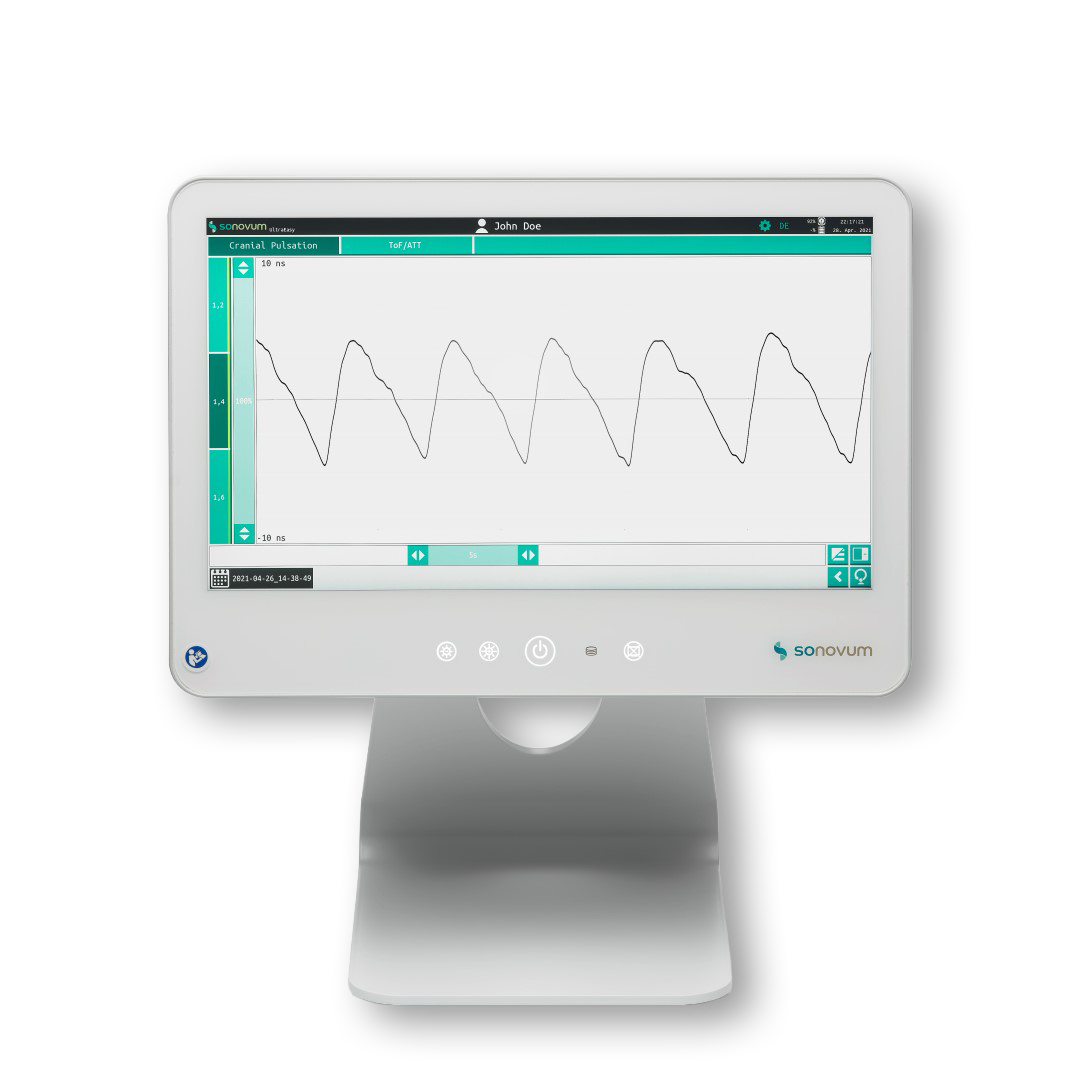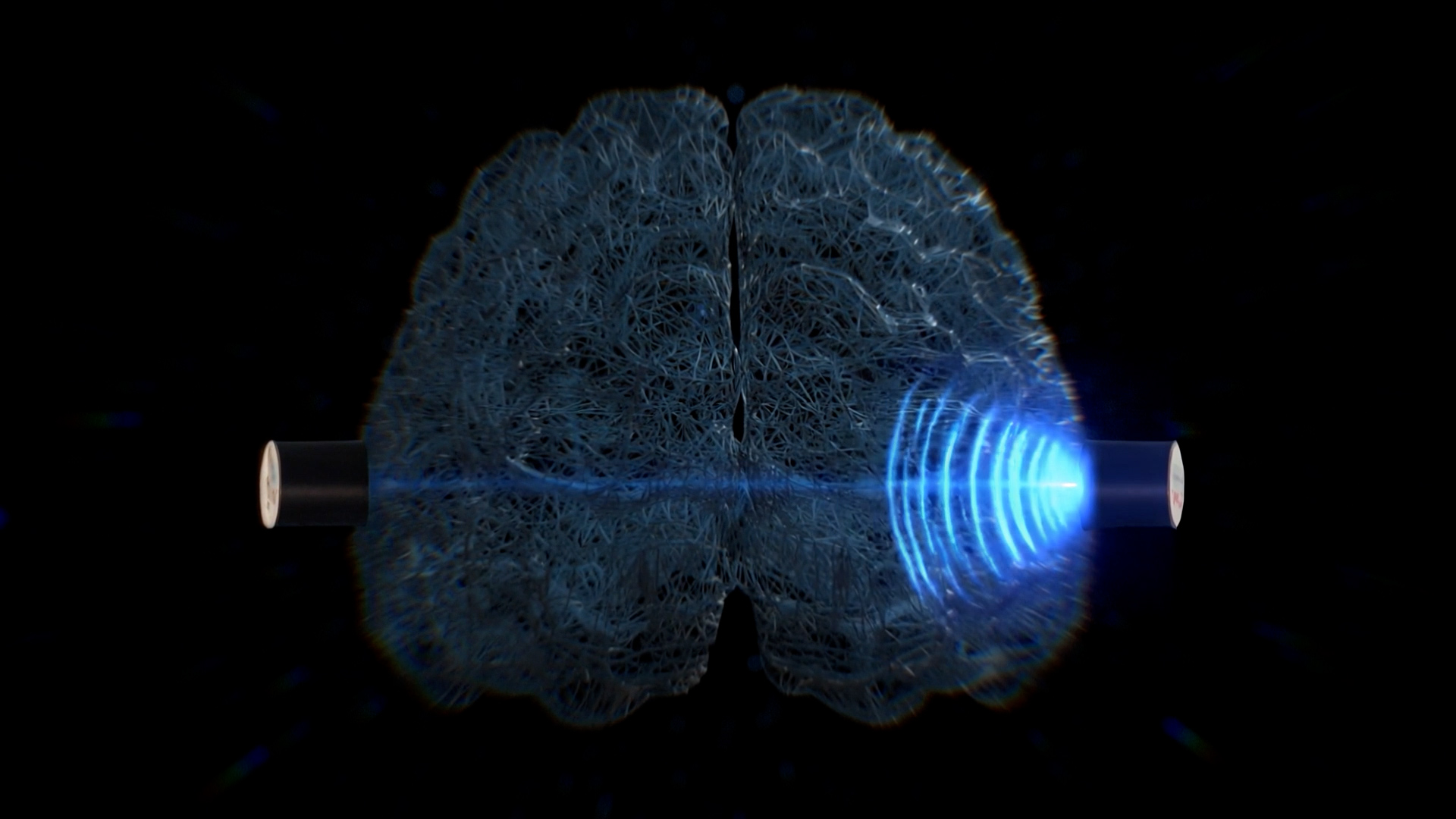



We start with one clearly defined first use case, but the potential of non-invasive intracranial pressure assessment goes far beyond. Our goal is to build a new category in brain diagnostics and to expand step by step into additional neurological and emergency-care applications, where fast, safe brain assessment can change clinical decisions and outcomes.